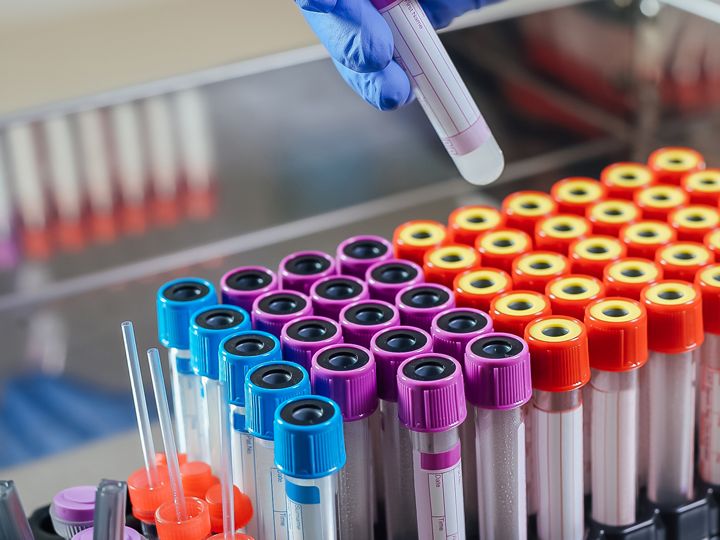
In the era of big data, clinical research is becoming increasingly reliant on vast datasets to uncover insights that can advance healthcare. The ONCOSCREEN project is no exception, utilizing patient data to help develop more precise and effective treatments for cancer. However, while data is a critical asset, ensuring the privacy of individuals from whom this data is collected is just as essential. This is where data anonymization comes into play.
Why Data Anonymization Matters
Data anonymization is the process of transforming datasets to remove or obscure any personally identifiable information (PII), ensuring that individuals cannot be traced back through the data. In clinical research, this is crucial for complying with privacy regulations such as the General Data Protection Regulation (GDPR) in Europe, which mandates strict privacy controls over personal data.
ONCOSCREEN is deeply committed to the ethical handling of sensitive health information, as it allows us to maintain participant privacy while still benefiting from large-scale analysis that contributes to medical advancements. This is especially important as cancer research often requires detailed and diverse datasets, and balancing privacy with the utility of this data is a challenge ONCOSCREEN takes seriously.
Minimizing Information Loss in Anonymized Data
The key challenge of anonymization is ensuring that the data remains useful for research purposes after PII has been removed. In many cases, overly strict anonymization can lead to significant information loss, which reduces the value of the data for meaningful analysis. For example, removing or generalizing too much information may mask important patterns in the data that are critical for research, such as understanding correlations between specific genetic markers and cancer outcomes.
Clinical data, especially in oncology, is often nuanced and highly sensitive, requiring a careful approach to anonymization. This is why anonymization tools, such as KGen, are employed. Such tools use advanced algorithms like k-anonymity to strike a balance between privacy and data usability. KGen specifically ensures that individual data points are hidden by grouping them with others so that no one person can be identified.
Preserving Data Usability for Clinical Innovation
The importance of this approach to data anonymization is critical, as in allowing ONCOSCREEN to ensure compliance with GDPR and other data protection standards, it enables innovation in the field. Thus, it is by safeguarding the integrity of the data, that allows ONCOSCREEN to contribute to the development of new cancer treatments and diagnostic methods without risking the privacy of those who participate in these vital studies.
Striking the Right Balance
To ONCOSCREEN, data anonymization is clearly much more than just a regulatory requirement; it’s a tool that enables ethical, responsible research while still allowing for the advancement of knowledge. The balance here is critical. By using tools like KGen, we can do just this—protecting the privacy of individuals and empowering researchers to make the discoveries that will ultimately lead to better outcomes for cancer patients.
As the ONCOSCREEN project continues, striking this balance, will remain a priority. To learn more about the work ONCOSCREEN is doing with KGen, follow this link.
